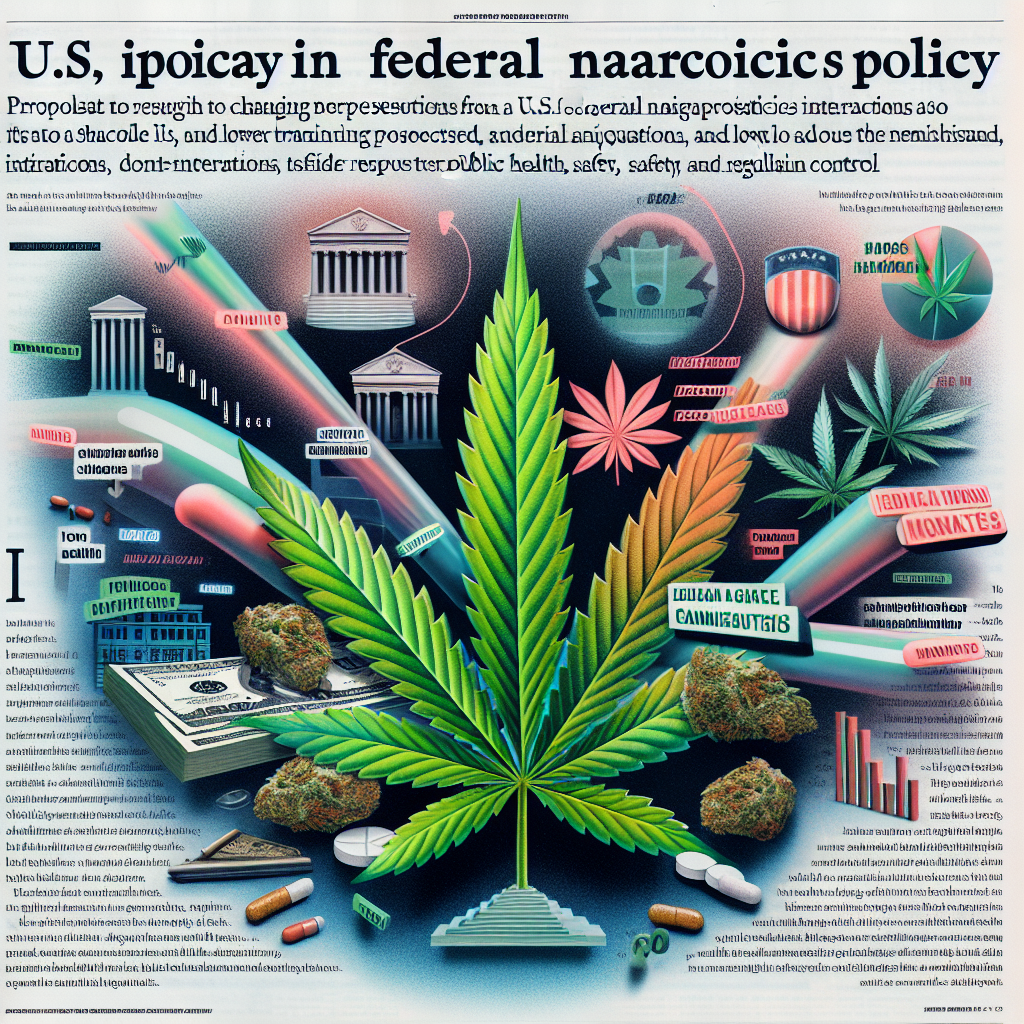
Impacts of Marijuana Reclassification in the US
The Biden administration’s impending move to reclassify marijuana marks a pivotal shift in the long-standing U.S. federal narcotics policy. This step not only potentially eases numerous operational and fiscal challenges faced by the cannabis industry but also reflects changing societal perceptions towards marijuana use and its benefits.
Currently classified as a Schedule I substance under the Controlled Substances Act – a category that deems it to have no medical value and a high potential for abuse – marijuana has been in the same league as heroin and LSD. The proposal, however, gears towards reclassifying it to Schedule III, which includes drugs like codeine and ketamine, recognized for having more accepted medical uses.
The decision comes on the heels of extensive advocacy by industry stakeholders and precedes an in-depth review by the U.S. Food and Drug Administration (FDA), which affirmed lower health risks associated with cannabis compared to substances like alcohol. This acknowledgment by federal health authorities pivots from the historic stance on cannabis, potentially opening doors for greater research and medical use.
From an industry perspective, reclassification promises substantial financial relief. Under the current Schedule I classification, cannabis businesses face hefty tax burdens due to IRS’ code Section 280E, which prohibits these businesses from deducting typical business expenses. A shift to Schedule III would alleviate these taxes, enhancing profit margins and attracting more institutional investments.
Moreover, the reclassification is likely to simplify banking interactions for cannabis companies, currently hindered by federal banking regulations that classify marijuana-related transactions as high-risk. Easing these restrictions could foster a more stable, accessible financial environment for cannabis businesses, further legitimizing the industry.
Despite the optimism, the transition is not an instant solution. The reclassification process involves public commentary, administrative reviews, and potential legal challenges, indicating a gradual implementation rather than an immediate overhaul of the federal drug policy.
Furthermore, the reclassification discussed does not equate to federal legalization. This administrative change would decrease, but not eliminate, the legal ambiguities surrounding cannabis, particularly in states where it remains illegal. Businesses and consumers should remain aware of the ongoing legal differences and state-specific regulations impacting the cannabis landscape.
The broader impacts of this policy shift stretch beyond immediate financial gains for cannabis businesses. By diminishing federal restrictions, the government acknowledges the shifting public opinion towards marijuana use and opens up a potential pathway for comprehensive national reform. However, the ongoing debate touching on public health, safety, and regulatory control continues to shape the discourse surrounding cannabis legalization.
As the U.S. steps towards a more progressive stance on cannabis, driven by both public sentiment and scientific backing, it mirrors a global trend of reevaluating and, in many cases, relaxing laws against cannabis use. This shift has profound implications for public health policy, criminal justice reform, and social equity, highlighting the complexity and multidimensionality of cannabis legislation.
For the latest developments on this and other financial news, visit Yahoo Finance and NBC News.

